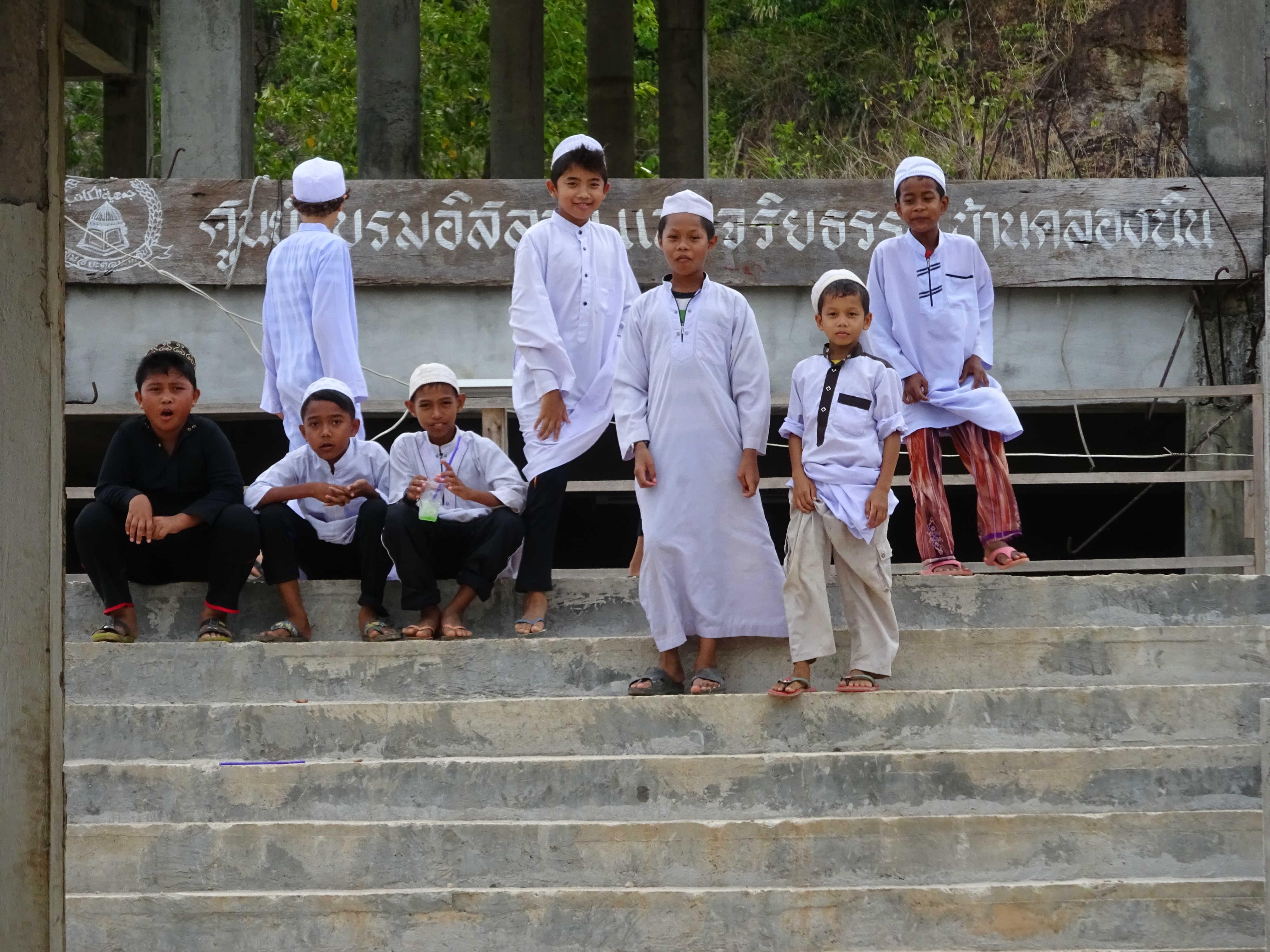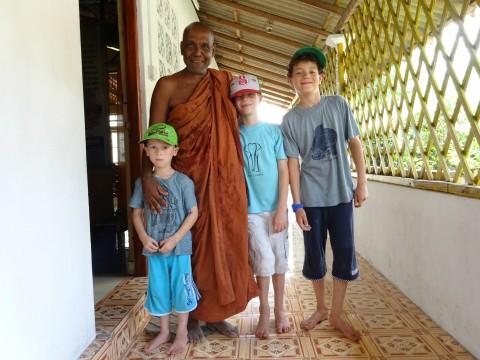Backpacking: The Best Cultural Awareness Training
As a cultural awareness training consultant, I spend most of my time arranging cultural awareness training sessions for relocating expatriates, existing global companies and companies who plan to go global.
The training is delivered either face to face or remotely via professional trainers, with great feedback from our delegates.
All in all, we think what we do is great.
However…
…there is a far better method that we are not, unfortunately, able to offer our clients. This method would require regressing delegates to childhood and throwing them into repeatedly changing cultural environments over an extended period of time at an early age.
…which is not so easy!
Backpacking with Kids
My husband I were lucky enough to be able to do this, however, to our three sons, aged 5,7 and 9, by taking them backpacking over the course of a year around South East Asia, with stops en-route in the Middle East.
There are some particular highlights of our trip which I’m sure they’ll remember when they are older, such as:
- Being sent to a Thai school for a couple of months. Although, they didn’t have a word of Thai beyond the basics, this soon changed and it was incredible to see children without a shared language communicating during play.
- Staying in a Malaysian Islamic community run by an incredible Sheikh whose students do a great deal of charitable and environmental work.
- Unintentionally witnessing a man in Indonesia become ‘possessed’ by a ‘wolf’ and the exorcism that ensued.
- Visiting the wonders of Angkor Watt and learning about this incredible empire and the religion(s) that founded it.
- Crawling through the Chu Chi tunnels used during the Vietnam war and eating the basic food VietCong soldiers lived on for years, and
- Spending time and talking with Cambodian civilians who had experienced the horrors of the ‘Killing Fields’.
Some of our visit was a relaxed, chilled affair, consisting of eating out, playing on the beach, surfing and diving. Other elements of the trip were more emotionally challenging and hard to swallow (such as visiting the Vietnam War Museum and the ‘Killing Fields’ in Cambodia). Other elements were of educational value, such as visiting different religious places of worship and engaging in some of the practices.
Collectively however, whether difficult or fun, these experiences have served to equip the kids with a good awareness of the world; helping them to communicate and sparking an interest in their non-British fellow humans.
Get us out of here!!!!!
When asked about their travelling experiences, my sons are always quick to point out that they hated it and that they were glad to come back (picture the screwed up noses and looks of disdain).
They missed their friends, English language TV, the Xbox and (surprisingly) school. They also missed the weather as they are typically outdoor kids and South East Asian weather can be fairly prohibitive due to the heat. Although unsaid, we think they also found it restricting being stuck with mum and dad 24/7, which is entirely understandable.

Now, this may not have been the outcome that we’d hoped to achieve when embarking on our travels, but since returning we’ve seen a real change in the way in which they deal with others and their openness to new challenges and experiences. These children no longer expect others to conform to their idea of reality. Instead, we find they are far more willing to adapt their behaviours, where necessary, to meet the needs of others.
I like to think that their experience has made them more appreciative that that the world is full of difference and that this is something to embrace and be excited about. They have grown in social empathy and are probably more likely than their peers to recognise social injustice.
At Commisceo Global, is exactly this type of empathy that we hope to help our delegates to develop within our training. It can be a challenge getting grown adults to question their own behaviours and to appreciate the impact of their own behaviours. Quite often, people with limited cultural exposure expect others to adapt to their way of doing things. If in a part of the world where time is a more flexible construct, for example, they may become quickly irritated that meetings do not start on time or that people fail to respond as expected, which can negatively affect their experiences and lead to a break down in relationships.
By being exposed to social and cultural difference at an early age, the subsequent adult is more likely to appreciate that:
a) the way they do things is not necessarily the only valid norm
b) that there are different ways of doing things which – although different, may lead to exactly the same result and;
c) that they need to ‘read’ situations in order to adapt and navigate them effectively.
In short, this adult is more sensitive to their environment and more likely to navigate it successfully.
We would argue, therefore, that this is cultural training at its best; the development of cultural awareness within real, valid situations and the development of behaviours which help to get the best out of a situation.
Related Posts
By accepting you will be accessing a service provided by a third-party external to https://www.commisceo-global.com/

 +44 0330 027 0207 or +1 (818) 532-6908
+44 0330 027 0207 or +1 (818) 532-6908
